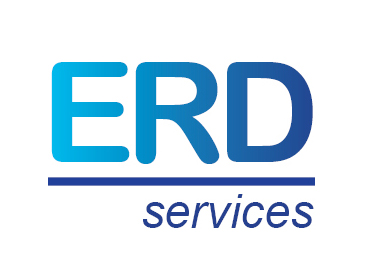How will 2019 look like for the ER&D services industry?
We are now entering the season for Q1 earnings, and as always we will look into changes in major trends. The state of the automotive industry will be an area we will be closely monitoring.
We are expecting automotive German OEMs to offshore their non-digital R&D and maintain price pressure. We are also expecting them to share their EV, AV, and mobility services with competitors, through partnerships or potentially through M&As. We are guessing that automotive ER&D spending should decelerate significantly in 2019.
Outside of automotive, we are not expecting major changes in trends:
- ICT spending will continue to do well, with the FANGs and unicorns driving spending. Spending by ISVs will be solid, but not as fast-growing, driven by product SaaS-ification
- In aerospace, spending will be driven by process manufacturing and analytics/AI/IoT driving spending growth. Should the 737 MAX aircraft flight suspension should continue for several quarters, Boeing would probably be looking to reduce costs across divisions and in its manufacturing operations.
Finally, the pharmaceutical industry remains a new territory for the ER&D industry, which is marginally present, at the process manufacturing side, or addressing medical device manufacturers.
Who will be impacted?
German automotive ER&D pure-plays will, of course, be impacted most. Despite recent diversification towards non-German and non-automotive clients, the likes of Bertrandt and EDAG will be hit severely.
The diversified European ER&D vendors will also suffer in their businesses in Germany of course, and also in France, and in Sweden, Italy, and Spain: Altran, Alten, Akka, and Segula will, therefore, be impacted, albeit to a much lower extent than German pure-plays.
The specific Brexit situation in the UK. will continue to impact ER&D vendors such as Ricardo.
Indian ER&D vendors thanks to their US presence and more technology-centric offering should be little-impacted.
More large M&A transactions to come?
It is fair to say that Altran’s acquisition of Aricent did not trigger a massive consolidation wave. Most of the M&A activity has been of small size, with few firms over USD 100m in revenues being acquired. Most vendors do favor buying small firms with the exception of ÅF, which spent EUR 611m on Pöyry, and also HCL Tech.
Looking ahead, enterprise valuations are high and any acquirer would be at risk of buying a firm at the peak of valuation and cycle. Having said that, the different PE firms that own several vendors (Expleo, GlobalLogic, ESG, and also to some extent QuEST) have deep pockets and ambitious build-up strategies. If there is a large M&A, we are expecting it to come from PE.
Finally, there remains a question mark on Tata Technologies, whose owner, Tata Motors, has signaled its intention to divest.
